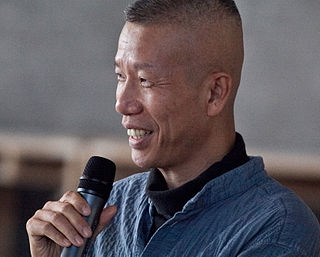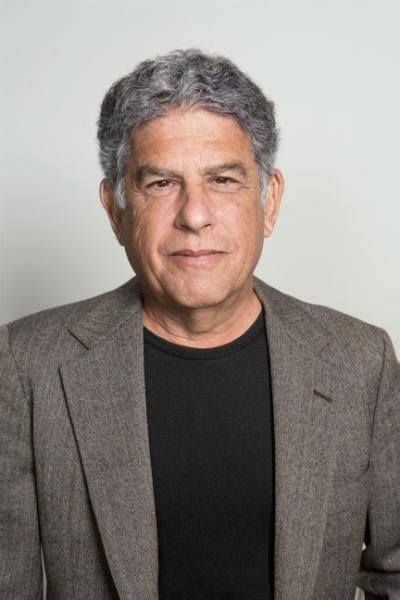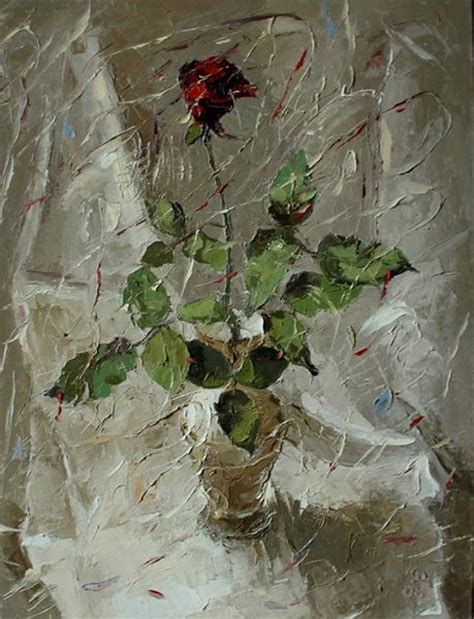A Quote by Cai Guo-Qiang
For me it's really important that the work here displays an aesthetic of decay along with the sunken boat with the broken ceramic pieces. They form a unity in showing the power of destruction, the beauty of destruction, whether it's from nature - because the boat has sunk - or through other forces. It's really the beauty of decay and death that holds a power here.
Related Quotes
What people love about life is its miraculous beauty; what they hate about death is the loss and decay around it. Yet losing is not losing, and decay turns into beauty, as beauty turns back into decay. We are breathed in, breathed out. Therefore all you need is to understand the one breath that makes up the world.
There is nothing unnatural in this world," he said. "An unnatural thing is a thing that could never happen in nature. I happened. I am natural, and the things I want are natural. The power of your mind, and your beauty, even when you've been drugged in the bottom of a boat for two weeks, covered in grime and your face purple and green - your unnatural beauty is natural. Nature is horrifying.
What do we mean by the defeat of the enemy? Simply the destruction of his forces, whether by death, injury, or any other means-either completely or enough to make him stop fighting. . . . The complete or partial destruction of the enemy must be regarded as the sole object of all engagements. . . . Direct annihilation of the enemy's forces must always be the dominant consideration.
Beauty is more important in computing than anywhere else in technology because software is so complicated. Beauty is the ultimate defense against complexity. ... The geniuses of the computer field, on the the other hand, are the people with the keenest aesthetic senses, the ones who are capable of creating beauty. Beauty is decisive at every level: the most important interfaces, the most important programming languages, the winning algorithms are the beautiful ones.
There are faces so fluid with expression, so flushed and rippled by the play of thought, that we can hardly find what the mere features really are. When the delicious beauty of lineament loses its power, it is because a more delicious beauty has appeared, that an interior and durable form has been disclosed.
Nothing in all nature is so lovely and so vigorous, so perfectly at home in its environment, as a fish in the sea. Its surroundings give to it a beauty, quality, and power which are not its own. We take it out, and at once a poor, limp dull thing, fit for nothing, is gasping away its life. So the soul, sunk in God, living the life of prayer, is supported, filled, transformed in beauty, by a vitality and a power which are not its own.
Movement, change, light, growth and decay are the lifeblood of nature, the energies that I I try to tap through my work. I need the shock of touch, the resistance of place, materials and weather, the earth as my source. Nature is in a state of change and that change is the key to understanding. I want my art to be sensitive and alert to changes in material, season and weather. Each work grows, stays, decays. Process and decay are implicit. Transience in my work reflects what I find in nature.
Everyone has a self-destructive nature in them. It's whether you feed it or not. You don't have to be a pop star to feel connected to destruction or self-destruction. But self-destruction is self-obsession, and self-obsession is not really possible if you're engaged in raising children. And if you have a spiritual life, you're constantly being asked to see yourself as one small fragment in the bigger picture.








































